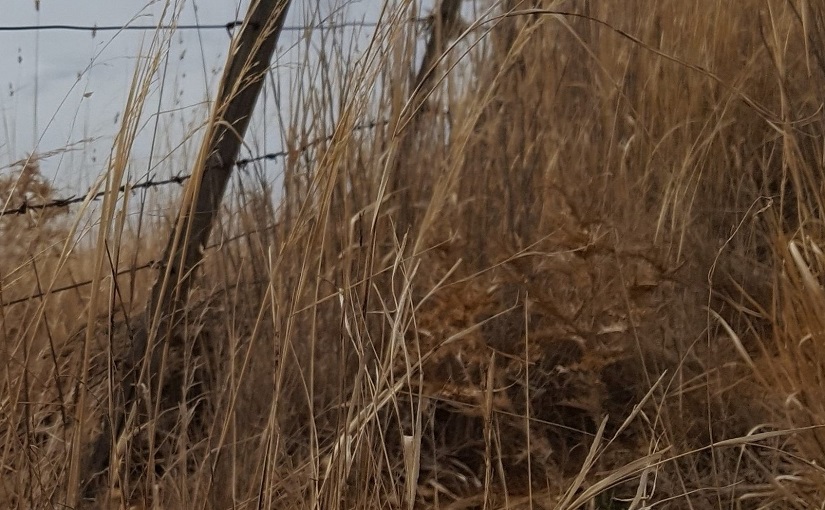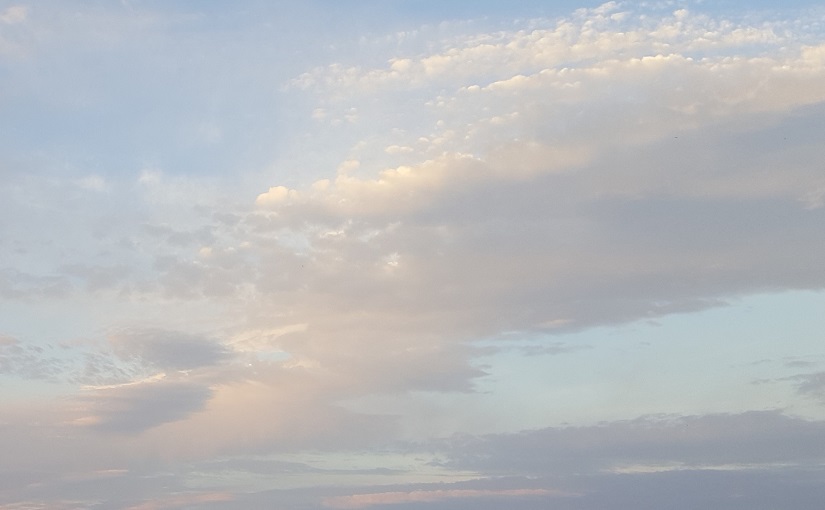What holds us back in life? I’m thinking in the sense of restraint – what stops us from simply doing as “we” please? Is it external constraints like law and ostracization? Do we need rewards for doing the right thing? Or could an inward sense of understanding come to harmoniously regulate our actions?
There’s so much theory around what motivates people – how to inspire or compel them in different ways. The predictability or reliability of our behaviour seems a valuable asset. Society must be easier to run if we’re all acting in consistent, integrated and mutually beneficial ways. Industry must prefer having a captive or loyal basis for its products and services.
Perhaps we’re best guided by fear? Threats of suffering, abandonment or isolation seem pretty effective in controlling people. Incentives also work well – anything to sweeten the deal and make us feel we’ve made a wise or personally-advantageous decision. Maybe those are simply heightened versions of natural consequences? That, ideally, we’d do what’s best and not do what’s damaging or problematic.
Causality presumably serves to limit us? The fact that, down the line, our actions’ effects inevitably add up to something helpful or harmful to us, others, or our community more generally (Notes One). Maybe our “constructed” threats and promises are merely artificial signals of that reality? Although, it does seem they’re often used to direct us toward more questionable outcomes.
Then there’s conformity – how we’re social creatures, strongly influenced by the standards of any group we aspire to be part of. Something that’s leveraged so purposefully through education, modern media and marketing. In its natural form, communities generally seem to have had strong sets of values and ideals for members to uphold. These days, it’s all seeming quite conscious and calculating.
Is it just that we “know” all this now? Knowing social acceptance to be powerful in shaping individuals, maybe it’s only natural we employ that tool to create what we’re wanting. Once you know something, it’s probably almost impossible to go back to using it subconsciously – or, having it used on us – without feeling an element of coercion.
There’s also the question of whether ideals, in and of themselves, have power to hold society together. Can values shape and reinforce social realities simply through having inspired us all to freely uphold them? I suppose that’s also an aim within education, media and culture more broadly: instilling principles and patterns of behaviour that’ll help maintain healthy communities (Notes Two).
But, even then, there’s some sort of balance to be struck between inner and outer regulation – do we “need” to regulate ourselves in order for “this” to work? Living alongside others conceivably depends, in various ways, on discipline, duty and self-sacrifice; attitudes of ego and competitive advantage perhaps working against us. Maybe society needs our understanding and devotion?
Looking at all that sustains us – this harmonious coexistence with others and with nature (Notes Three) – it’s interesting to consider to what extent we’re chipping away at what’s holding it all together.
Notes and References:
Note 1: Need to suffer in order to change?
Note 1: Fear or coercion as motivators
Note 1: Do we really need incentives?
Note 1: Any escape from cause & consequence
Note 2: Tell me why I should
Note 2: Making adjustments
Note 2: Doing the right thing, we erase consequences
Note 2: If society’s straining apart, what do we do?
Note 3: Technology & the lack of constraint
Note 3: Smart to play the system?
Note 3: Intrinsic value of nature
Note 3: Trust in technology?










